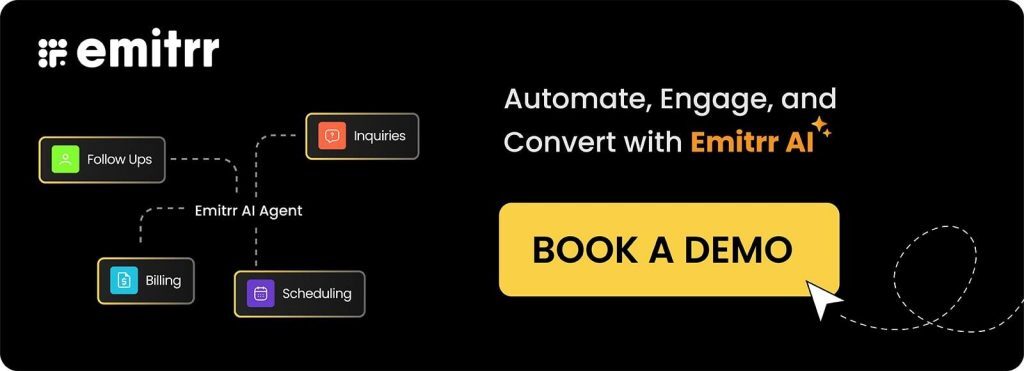PHI Form
What Is PHI Form?
A PHI form template (Protected Health Information form) is a healthcare document used to collect, manage, and authorize the use or disclosure of a patient’s sensitive medical data. It ensures that personal health information is handled securely and in compliance with HIPAA regulations, protecting patient privacy and confidentiality.
Purpose Of The PHI Form
The primary purpose of a PHI form PDF is to safeguard patient privacy by regulating how protected health information is accessed, shared, and stored. It ensures patients provide informed consent and understand how their data will be used, helping healthcare organizations remain compliant with HIPAA standards.
Additionally, this free PHI form template supports transparent communication between patients and providers. By clearly defining permissions and limitations, it reduces unauthorized disclosures, minimizes compliance risks, and promotes responsible data handling across clinical and administrative workflows.
Key Components Of A PHI Form
Understanding the key components of the editable PHI form template is essential for effective data management. These fields capture critical information that supports compliance and ensures proper handling of sensitive data.
- Owner’s Name: Captures the full name of the pet owner.
- Patient’s Name: Identifies the name of the pet receiving care.
- Contact Information: Includes phone numbers and email addresses for easy communication.
- Address: Physical address of the pet owner for records and billing.
- Emergency Contact: Information for a secondary contact in case of emergencies.
- Insurance Information: Details about pet insurance coverage for billing purposes.
- Signature: Confirms consent from the owner regarding data usage.
- Date of Birth: Helps verify the identity of the pet owner.
- Veterinary Practice Name: Identifies the clinic or hospital handling the case.
- Purpose of Release: States the reason for sharing protected health information.
Digitize Your Medical Forms With Emitrr
Digitizing this PHI form template allows healthcare practices to replace paper-based privacy documentation with secure, real-time digital records. Digital workflows reduce documentation errors, prevent lost forms, and ensure sensitive data permissions are always accessible.
Emitrr enables practices to securely send, collect, and store PHI form PDF using HIPAA-compliant forms via text. Patients can complete and sign forms remotely, improving convenience while maintaining strict regulatory compliance.
Centralized digital records support better compliance management, faster audits, and consistent privacy controls. Providers can easily track authorizations, monitor expiration timelines, and manage data sharing more efficiently.
Digital workflows also reduce administrative workload, improve documentation accuracy, and strengthen patient trust. Practices can explore Emitrr’s 100+ free medical forms to further streamline clinical and compliance documentation.
FAQs
PHI forms are documents used to authorize, manage, and protect the use and disclosure of a patient’s protected health information in compliance with HIPAA regulations.
The three main types of PHI include electronic PHI (ePHI), paper-based PHI, and oral PHI shared verbally during patient care or administrative communication.
Enter patient details, specify the information to be shared, identify authorized recipients, state the purpose, and sign and date the form for valid consent.
A PHI form is valid until the expiration date or event listed on the form, or until the patient revokes authorization in writing.
Yes, platforms like Emitrr allow secure digital completion, signing, and storage of PHI forms using HIPAA-compliant workflows.
They should be stored securely with restricted access. Emitrr supports compliant digital storage and quick retrieval for audits and clinical needs.
Still Using Paperforms?
Check out what Emitrr's digital forms can do for you! Reduce wait times, ensure compliance, and boost the efficiency of your medical practice with digital forms. Watch the video to know how!

 4.9 (400+
reviews)
4.9 (400+
reviews)
